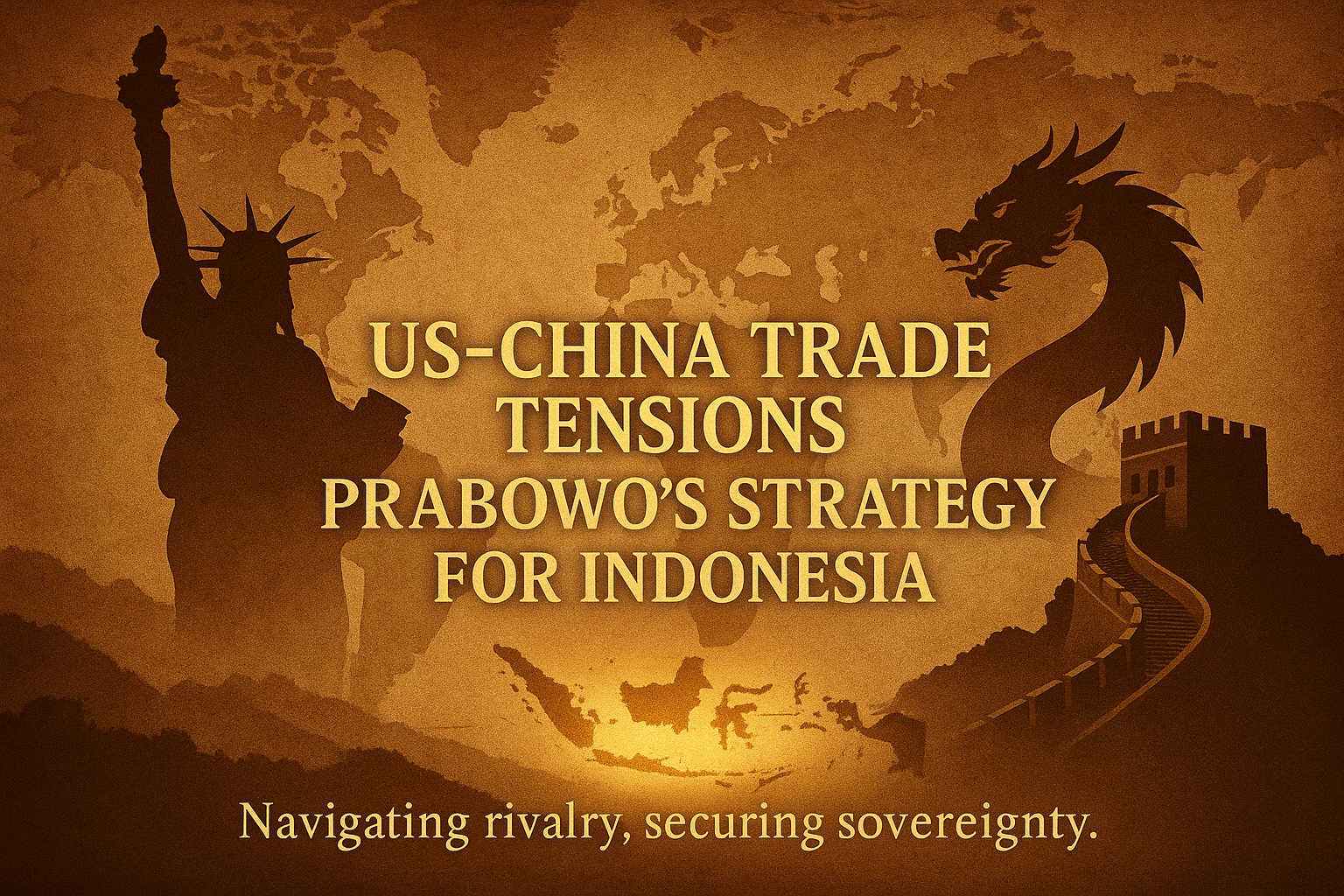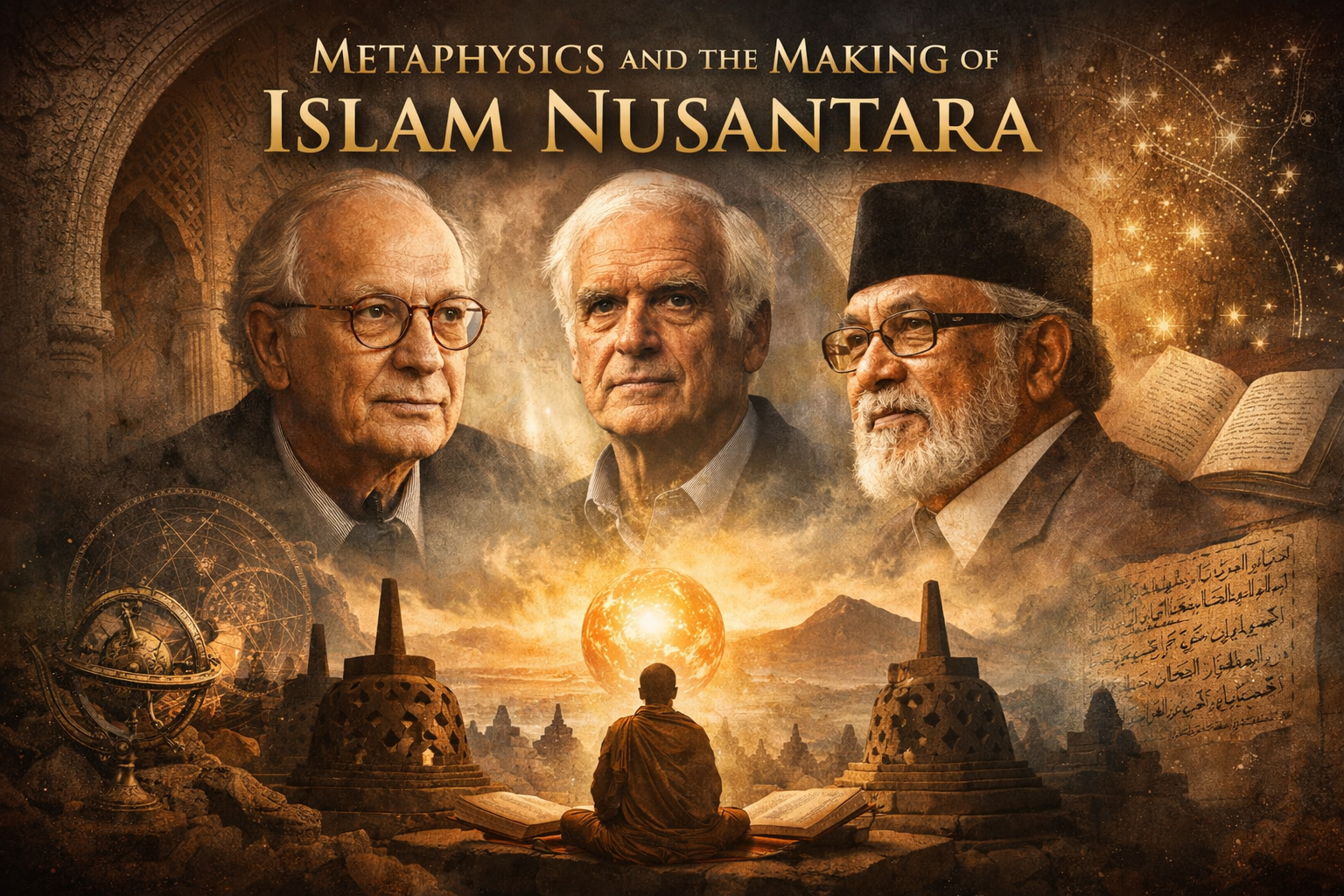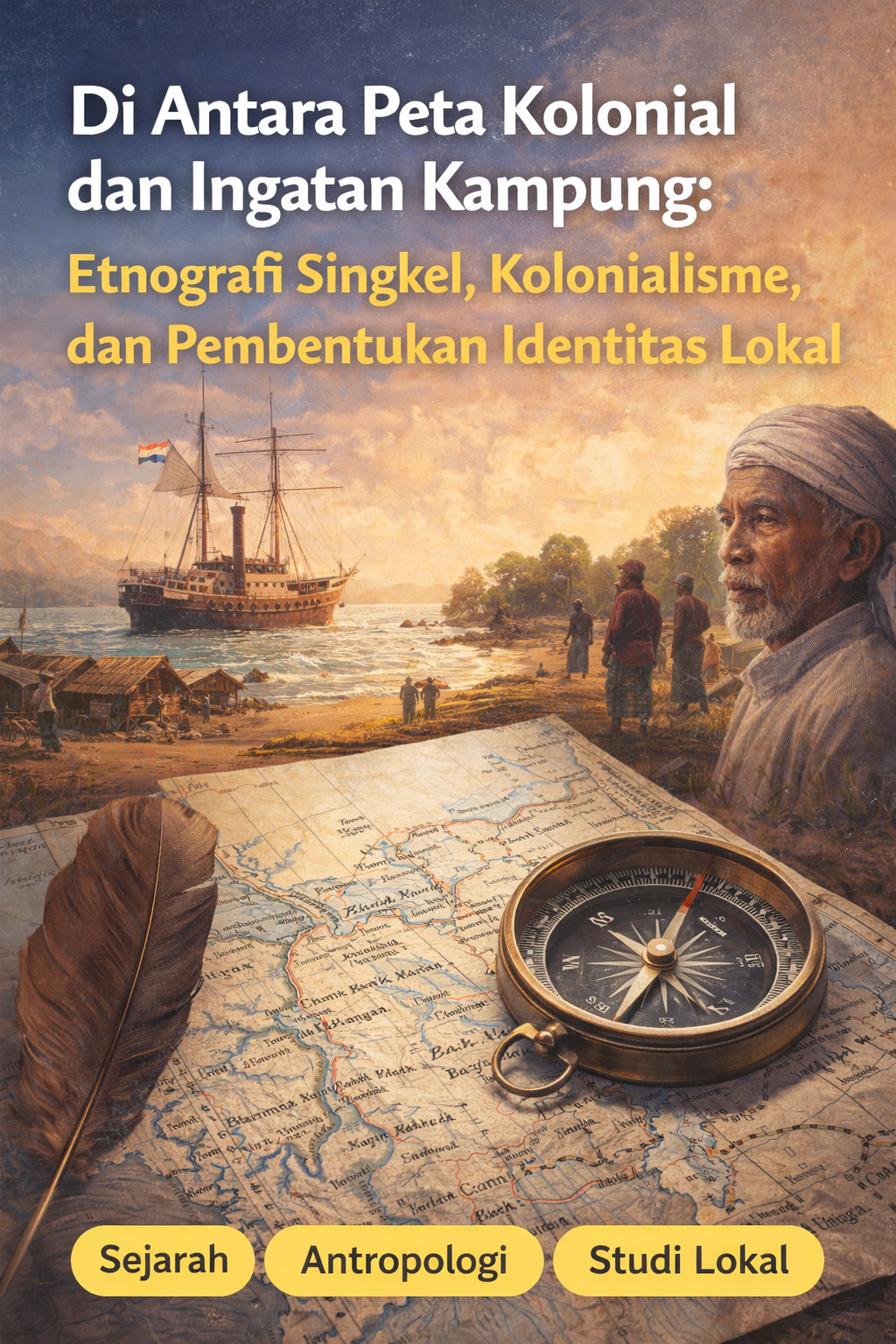Introduction: The Intensifying Rivalry
The contest between the United States and China has become the defining story of this century. It is a contest that began with tariffs and technology disputes, but has since grown into a multidimensional struggle for influence. For Indonesia under President Prabowo Subianto, this rivalry represents both risk and opportunity. Jakarta cannot afford to remain passive while two giants redefine the balance of global power.
The echoes of the Cold War are evident. During its confrontation with the Soviet Union, the United States relied on alliances, embargoes, and containment strategies that influenced global politics for decades. Today, similar patterns are visible, although the tools have changed. Economic measures, technological restrictions, and digital warfare now play roles once occupied by nuclear deterrence and proxy conflicts.
For Washington, China represents not only a competitor but a challenger to the international order it built after World War II. Beijing, however, views itself as reclaiming its rightful place as a great civilization-state. These contrasting visions fuel the rivalry, and smaller nations must learn to adapt. Indonesia, located at the crossroads of the Indo-Pacific, finds itself particularly exposed to the consequences of this confrontation.
The phrase “All eyes on China” captures the sense of inevitability in this contest. Think tanks in Washington, policy analysts in Brussels, and business leaders in Jakarta all understand that Beijing’s actions will shape the coming decades. The challenge for Prabowo is to recognize this reality without sacrificing Indonesia’s sovereignty.
Economic policy, military posture, and diplomatic flexibility will all need to be integrated. The choices Prabowo makes will determine whether Indonesia can maintain autonomy or becomes absorbed into the orbit of one power or another. This makes the present moment a decisive one in Indonesia’s long-term trajectory.
Indonesia’s strategy must therefore be crafted with patience and clarity. The rivalry between the United States and China will not be settled in a few years. It will stretch over decades, shaping trade, security, and technology. Prabowo must prepare Indonesia for a long game, one where neutrality is not weakness, but strength.
China’s Expanding Role in Southeast Asia
China has transformed its image from a developing nation to a global power with extraordinary speed. Through the Belt and Road Initiative (BRI), Beijing has created new networks of connectivity that bind dozens of countries to its economic vision. Railways, ports, and industrial estates are now symbols of this global ambition. Southeast Asia has become one of the primary arenas for this expansion.
Indonesia is deeply entangled in this process. Major infrastructure projects, from the Jakarta–Bandung high-speed rail to mining investments in Sulawesi, bear the imprint of Chinese capital. The scope of this partnership is enormous, and it underscores how much Jakarta has relied on Beijing to fund ambitious development programs. This trend accelerated under Jokowi and has now been inherited by Prabowo.
For Indonesia, the benefits are undeniable. Roads, factories, and ports constructed with Chinese assistance contribute directly to economic growth. Yet, these benefits come with strings attached. Dependency on foreign capital—particularly from a single country—can limit strategic autonomy. Beijing’s influence is not merely economic; it extends into diplomacy and security.
China’s growing assertiveness in the South China Sea provides a stark reminder of these risks. Indonesia, though not a direct claimant in the disputes, has seen its exclusive economic zone challenged by Chinese fishing fleets. Economic ties cannot erase these tensions, and Jakarta must be careful not to sacrifice sovereignty for investment.
Other countries in the region illustrate different paths. Vietnam has deep economic ties with China but continues to resist its maritime claims through alliances with the United States. Cambodia, by contrast, has embraced Beijing more fully, often aligning its policies with China’s preferences. Indonesia must navigate between these extremes, crafting a balanced relationship that avoids subordination.
The rise of China in Southeast Asia is irreversible, but its meaning for Indonesia remains open. Prabowo’s challenge is to accept China’s importance without allowing it to define Indonesia’s future. The partnership must serve Indonesia’s vision for 2045, not undermine it.
The United States and the Return of Cold War Sentiments
Washington remains determined to defend its role as the leader of the global order. The United States has strengthened alliances with Japan, South Korea, and Australia, while revitalizing its partnership with the Philippines. These moves mirror its Cold War containment strategy, albeit with a twenty-first-century focus on trade, technology, and maritime security.
Naval patrols in the South China Sea are emblematic of this posture. The United States insists that freedom of navigation must be preserved, even as China fortifies artificial islands and expands its military presence. This contest at sea is symbolic of a larger struggle between two powers seeking to shape the rules of the Indo-Pacific.
The rivalry has also expanded into digital and technological realms. The American campaign against Chinese telecommunications companies, particularly Huawei, reflects fears that Beijing could dominate critical infrastructures. In this sense, semiconductors, artificial intelligence, and digital platforms have become weapons in a new kind of cold war.
For Indonesia, these developments pose dilemmas. Aligning too closely with Washington could jeopardize economic benefits from Beijing. Yet, ignoring American concerns risks weakening Jakarta’s standing with an ally that has long contributed to regional security. The balancing act becomes more delicate as tensions rise.
American think tanks consistently stress the need to counter China in Southeast Asia. These warnings influence policy, funding, and diplomatic outreach. Indonesia cannot ignore them, because Washington’s perceptions often shape realities. The expectation is that nations in the region must “choose sides,” even if Jakarta resists this framing.
Prabowo’s task is to remind both Washington and Beijing that Indonesia is not a mere pawn in their rivalry. Jakarta’s foreign policy doctrine of “free and active” remains its best shield. Neutrality does not mean passivity; it means crafting a space where Indonesia can maneuver independently.
Global Uncertainty: From the Middle East to Ukraine
The rivalry between the United States and China does not occur in isolation. It intersects with other global crises, adding layers of complexity. The Middle East remains unsettled by the Israeli–Palestinian conflict, while wars in Syria and Yemen continue to simmer. Each of these conflicts shapes global energy flows and complicates diplomacy.
In Europe, the war between Russia and Ukraine has transformed the security architecture of the continent. NATO has expanded, while Moscow has deepened ties with Beijing. These developments highlight the way regional conflicts merge into the broader rivalry between great powers. For Indonesia, the consequences are indirect but real: disruptions in food supply, energy prices, and diplomatic alignments.
Europe itself is torn between economic reliance on China and security dependence on the United States. German industry benefits from Chinese markets, yet NATO requires alignment with Washington’s strategic concerns. These tensions add to the uncertainty of the global order, reminding Jakarta that alliances are rarely straightforward.
The global South, meanwhile, seeks greater autonomy. Nations in Africa, Latin America, and Asia have been reluctant to align fully with either Washington or Beijing. Indonesia’s position resonates with this trend, as Prabowo aims to project Jakarta as an independent pole within the global order.
This uncertain environment requires flexibility. Indonesia must anticipate the cascading effects of global crises, even when they appear distant. Food security, energy diversification, and strategic reserves become essential tools for national resilience. Sovereignty in the twenty-first century is not merely about territory but about endurance in the face of shocks.
Thus, the global landscape provides both warnings and opportunities. If Indonesia can adapt, it may emerge stronger. If it cannot, it risks becoming trapped by crises it did not create.
Prabowo’s Vision of Sovereignty and Balance
Prabowo has articulated a vision of sovereignty that seeks to elevate Indonesia into the ranks of developed nations by 2045. This vision rests on three pillars: a resilient economy, a strong military, and stable political institutions. Each pillar reflects lessons drawn from history and adapted to contemporary realities.
Economic sovereignty means reducing reliance on imports, particularly in energy and technology. It also means leveraging Indonesia’s natural resources to create value domestically, rather than exporting raw materials alone. This ambition aligns with broader calls for industrialization and technological independence.
Military sovereignty is another priority. Prabowo has emphasized the modernization of Indonesia’s defense forces, recognizing that geography alone does not guarantee security. The South China Sea, the Straits of Malacca, and the archipelago’s vast maritime territory require capable defense systems to deter external pressure.
Political sovereignty completes the triad. For Prabowo, this means preserving Indonesia’s freedom of action in diplomacy. It is a continuation of the “free and active” policy but adapted to a multipolar world where power is diffused and contested. Sovereignty here is not isolation but the ability to make choices independently.
His early diplomatic moves illustrate this approach. Visiting China signaled openness to economic partnership, but it was framed as part of a broader strategy rather than subservience. The emphasis is on pragmatic engagement: benefiting from investments while keeping Indonesia’s long-term interests at the center.
Sovereignty, in Prabowo’s vision, is not a slogan but a strategy. It requires discipline, investment, and the patience to resist short-term temptations in pursuit of long-term goals.
Indonesia’s Strategic Path in the US–China Rivalry
The rivalry between Washington and Beijing will define the Indo-Pacific century. For Indonesia, the path forward cannot be reduced to a binary choice. The nation must pursue a strategy that preserves sovereignty, balances opportunities, and anticipates risks.
Indonesia must resist overdependence on Chinese capital while continuing to attract investments for infrastructure and industry. At the same time, it must cultivate strong ties with the United States, particularly in security and technology, without being drawn into confrontations. This dual engagement is difficult, but it is necessary.
Regional diplomacy provides another tool. Through ASEAN, Indonesia can strengthen multilateral frameworks that reduce the risk of escalation in the South China Sea. By promoting regional unity, Jakarta can amplify its voice and avoid isolation in the face of major-power rivalry.
The Straits of Malacca and the South China Sea must remain stable. These maritime arteries are not only economic lifelines but also strategic choke points. Prabowo’s government must therefore invest in maritime security, while simultaneously engaging in diplomacy to prevent escalation.
The lessons of history are clear. Nations that surrendered sovereignty to external powers often found their futures constrained. Nations that defended sovereignty while adapting to change found paths to prosperity. Indonesia must choose the latter.
As Prabowo leads the country into a turbulent era, his success will be measured by whether Indonesia emerges as a sovereign power or a dependent actor. The stakes are high, but so too are the opportunities.








Leave a Reply